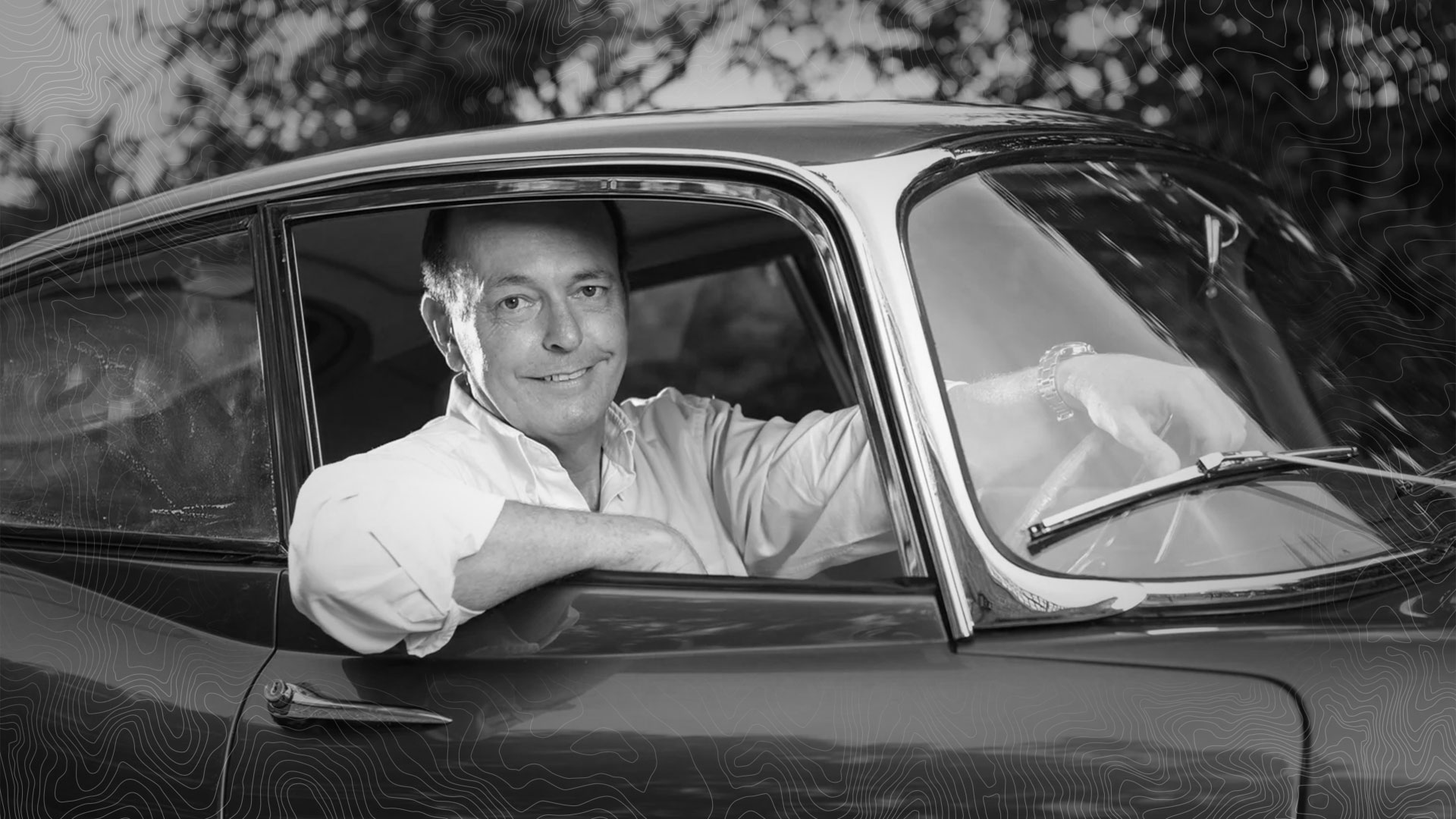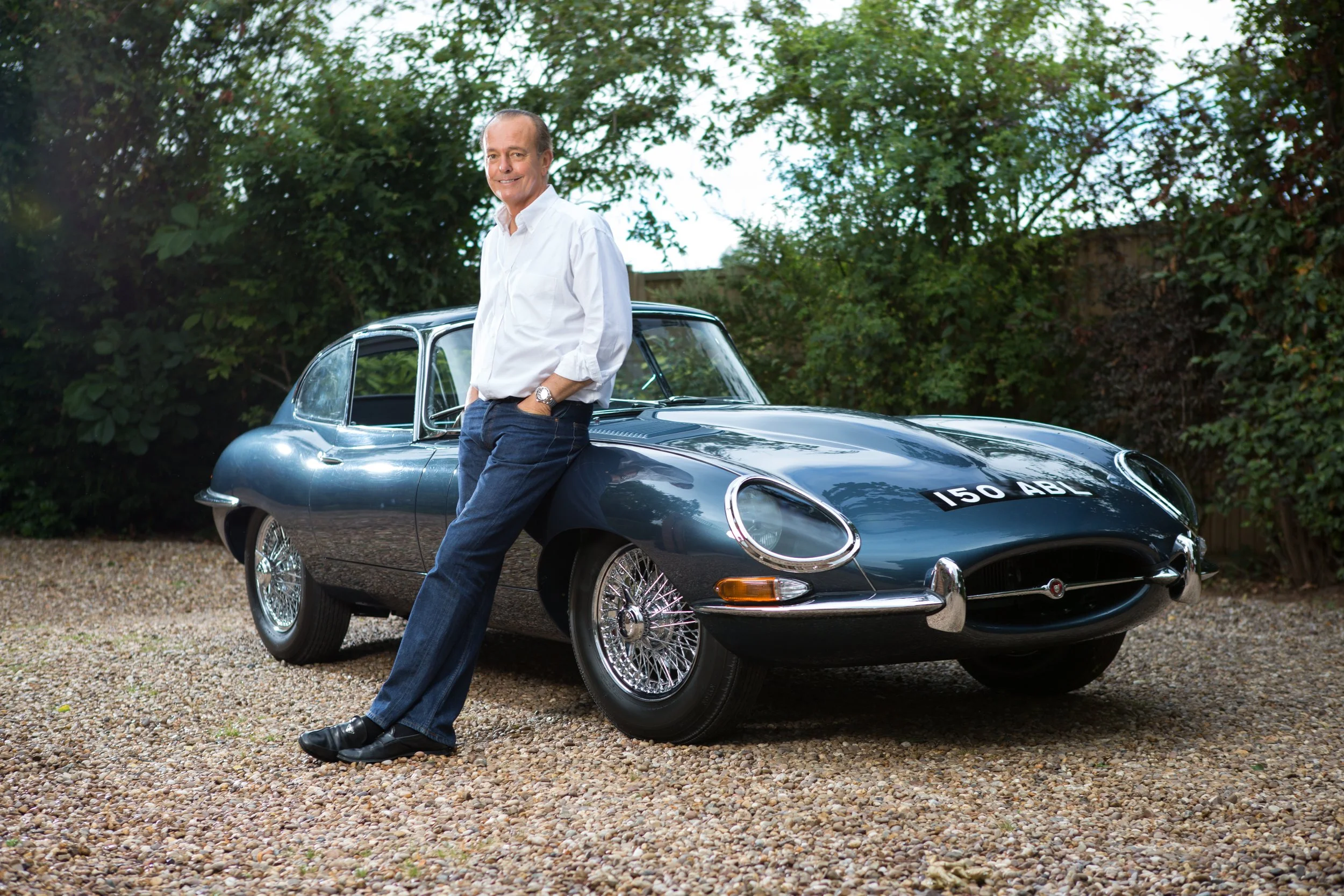

Paul's tribute to one of the motoring world's most treasured characters.
Quentin Willson’s story always felt like something from a novel — the kind where the hero starts off in a quiet corner of Leicester, spots a wonky panel gap at age seven, and somehow ends up changing the way an entire nation thinks about cars. He wasn’t born into motoring royalty. He didn’t inherit a collection of classics. He built his reputation the old-fashioned way — curiosity, graft and an ability to spot nonsense a mile away.
He grew up in a clever household. His dad had worked at Bletchley Park, cracking codes while Quentin cracked open engines on the kitchen table. One dealt with secrets. The other dealt with seized bolts. You can guess which one he preferred.
By the time he reached university he was already buying and selling cars. And not glamorous stuff either. He wasn’t dealing in Ferraris or Astons. He was dealing in the sort of cars you’d only buy in the dark. In a rainstorm. While squinting. That early hustle taught him everything — how to spot a bargain, how to read a seller’s face, and how to walk away when something felt a bit... squiffy.
This early chapter shaped everything that came after it. When he turned up on Top Gear in the early nineties, he spoke with the confidence of someone who’d actually lived the trade. He wasn’t pretending. He wasn’t guessing. He knew what he was talking about because he’d been burned, bruised and occasionally blessed by the used-car market.
And viewers adored him. Not because he shouted, or slid sideways, or made explosions. But because he was funny in that dry British way where the punchline creeps up behind you. He once described a questionable saloon as “a car for people who’ve given up on joy”. Another time he summed up a hopeless hatchback with “You won’t arrive in style, but you will arrive — eventually". His lines were sharp enough to trim hedges.
People in the industry knew he was dangerous — because he told the truth. A dealer once said Quentin had “the smile of a friend and the accuracy of a sniper”. A journalist called him “a walking lie-detector in good shoes”. Someone else joked, “You couldn’t bluff him. He’d see through you, the car, and the building behind you".

But Quentin didn’t stop at television. He went on to fight for drivers. Fuel prices. Car pricing. Dodgy deals. Hidden charges. If something smelled off, Quentin would charge at it with a pen, a camera, and a very unimpressed expression. If he’d been given a cape, he’d have worn it.
Then came one of the most interesting turns in his story — electric cars. He didn’t jump on them because they were fashionable. They weren’t. They aren’t. Most people still mutter about them. Quentin backed them because they were becoming cheaper to run than ICE cars, and because he liked being early to things. He test drove them, questioned them, challenged them and explained them long before most people gave them a fair chance. He treated them with the same curiosity he had for everything mechanical. Not hype. Not blind love. Curiosity.
Yet for all his campaigns, journalism and television, what people remember most is the warmth. He wasn’t pompous. He wasn’t slick. He had a way of talking to the audience like he’d known them for years. He could explain a gearbox to your nan. He could explain depreciation to a teenager. And he could explain a finance agreement without anyone crying.
When he died earlier this month, the motoring world didn’t just lose a presenter. It lost a storyteller. A fighter. A man who cared about fairness as much as he cared about cars. A man who helped millions dodge lemons, pick winners, and understand the joy of a good drive.
One tribute called him “the voice of common sense on wheels”. Another described him as “Britain’s unofficial head of motoring honesty”. Someone else said, “He knew more about cars than most people know about their own families". That was Quentin. Clever. Sharp. Warm. And always, always on the driver’s side.
He left behind many lines that made people smile, but this one seems to sum him up best:
"If you don’t feel something when you drive it, you’re not driving a car — you’re operating an appliance."
That was him. A man who believed driving should give you a spark. A man who made the car world clearer, funnier and more human. A man who made us all better drivers — and better buyers — without ever making a fuss about it.
Written by: Paul Pearce
Images by: Richard Pardon